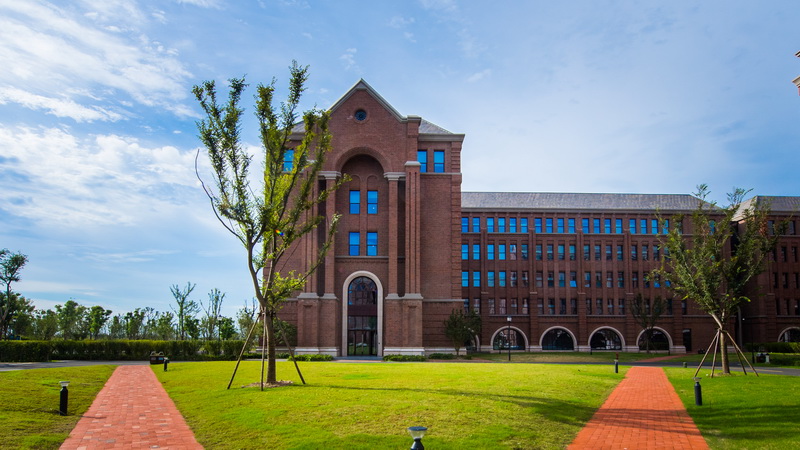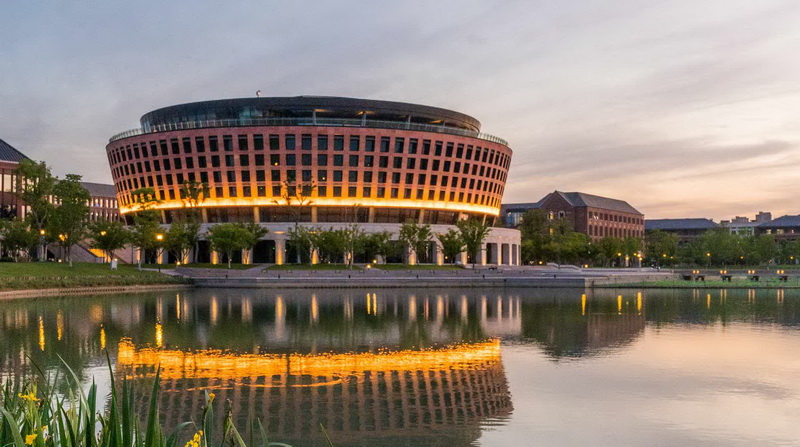From across the ocean to the banks of the Qiantang River, this scholar dedicated to craniofacial development research has chosen to embark on a new chapter of education and research at the International Campus. In this issue of "iZJUer - Series of Stories," let's have a look at YUAN Yuan's story together.
Introduction
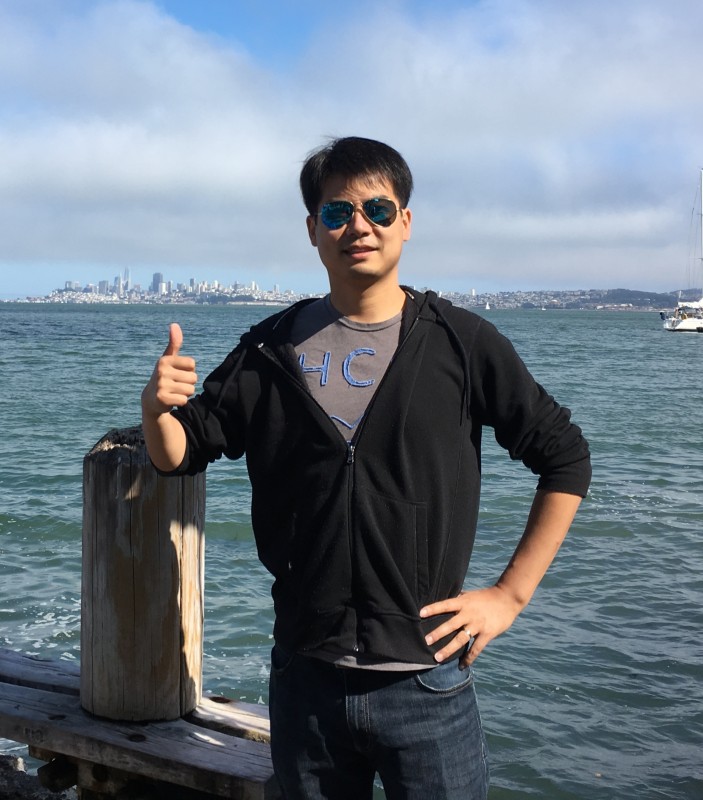
YUAN Yuan
Dr. YUAN Yuan earned his Ph.D. in Biomedical Engineering from the University of South Florida and subsequently served as a postdoctoral researcher at the Center for Craniofacial Molecular Biology (CCMB), University of Southern California. In 2022, he joined the International Campus, Zhejiang Univeristy. His research focuses on craniofacial development, regulation and maintenance of cranial neural crest cell differentiation, and tissue damage repair and regeneration. In the past five years, he has published over 20 papers in journals such as Cell, Science Advances, and Biomaterials, with his work featured on the cover of media outlets such as the NIH website. Dr. YUAN currently holds positions as an assistant professor at ZJE, a part-time professor at the Affiliated Stomatological Hospital of Zhejiang University School of Medicine, and an Honorary PI at the University of Edinburgh.
Reasons for joining International Campus
When I was a postdoctoral fellow at USC, I had no intention of returning to China, having adapted to both my professional and personal life in the United States. However, witnessing China's rapid development and the huge changes in the research environment transformative advancements in its research ecosystem over just three to four years ignited my excitement about the nation’s potential.This led me to decide to return in 2022. Through a friend, I learned about the International Campus, Zhejiang University—a platform that uniquely blends Eastern and Western academic traditions while providing cutting-edge research resources and a vibrant scholarly community.
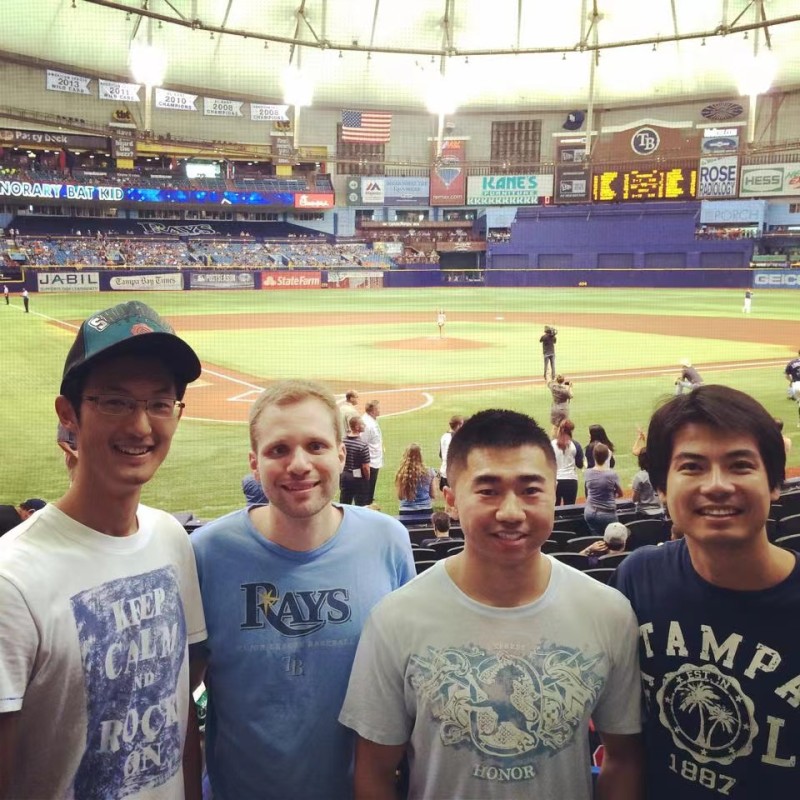
First of all, Zhejiang University is internationally renowned and a top institution domestically. It has top-notch research resources, a strong academic atmosphere, and high-quality students. Secondly, the development model at the International Campus integrates the best of the East and the West, which allows me to focus on research and teaching while regularly engaging in international academic exchanges.
The Eastern and Western research and teaching systems are well combined here, creating an environment that is both familiar and new to me. This made it easy for me to pass through the adaptation period. When I first came here, I was most impressed by the friendliness of my colleagues. There were many trivial things to set up a laboratory, and the administrators gave me great help by contacting and coordinating with them tirelessly. The PIs have similar educational backgrounds and common educational concepts. The academic exchanges and daily sports activities in and out of the laboratory and classroom allowed us to get acquainted very quickly.
Cross-disciplinary in International Campus
Cross-disciplinary is an important initiative of ZJU to create top-notch disciplines, and it is also a major feature of International Campus. During my PhD, my research direction was tissue engineering, and after graduation, I transitioned to developmental biology, which is a swift from application to theory, and also a change in thinking ‘how’ to ‘why’. I also benefited from this cross-disciplinary approach, which broadened my horizons and taught me to look at problems from different perspectives.
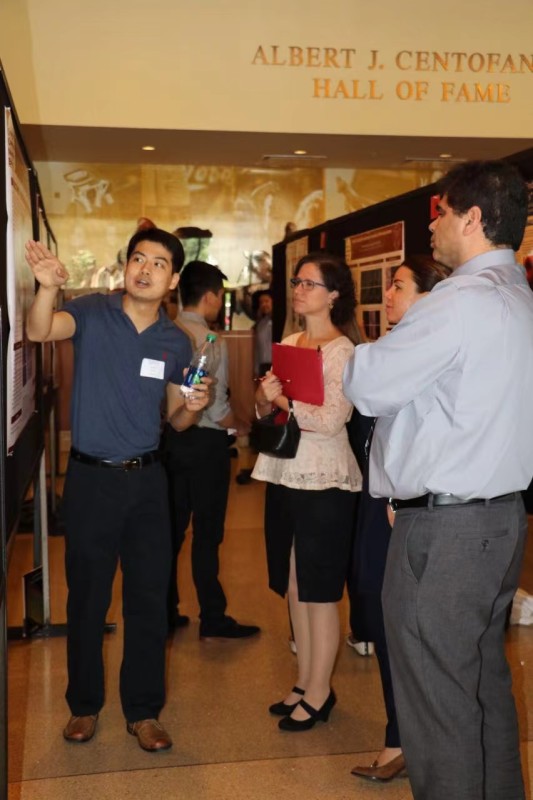
My current research focuses on craniofacial development. Although it is a niche area, I am still able to find like-minded colleagues through interdisciplinary collaboration at the campus. ZJE currently hosts four research centers, and the Stem Cell and Regenerative Medicine Research Center, where I am based, brings together researchers from various fields such as developmental biology, tissue regeneration, materials science, and biomechanics. During our discussions, we not only gained insights into our own projects but also inspired new collaborative research topics through interdisciplinary interaction. Under this interdisciplinary atmosphere, students here also continuously innovate. Three Institutes, ZJE, ZJUI, and ZIBS, provide ample opportunities for student communication, and the collaborations between “biomedical & engineering”, “biomedical & business” also led to impressive achievements in entrepreneurial competitions.
"Scholarly" Undergraduates Development
The International Campus is committed to cultivating "scholarly" undergraduates, emphasizing the development of their research qualities, which I deeply agree with. Research and teaching are not opposing forces. In fact, advancing research promotes teaching, and teaching supports research, achieving the highest level of synergy between the two. Additionally, I believe that the scientific thinking of "observing phenomena - forming hypotheses - conducting experiments - drawing conclusions" has a unique allure. It is also a teacher's responsibility to cultivate students' scientific thinking.
Undergraduate students here have a strong research atmosphere, with many starting to actively contact professors in their freshman year to seek opportunities to join laboratories. My lab has recruited nearly 10 undergraduates through summer research program and SRTP projects. In their initial involvement in research projects, I observed that undergraduates focus more on experimental techniques and often neglect the training of research thinking. How to help undergraduates appreciate the allure of research and truly understand and enjoy it has been a continuous focus for me. I believe that understanding their interests and respecting their innovative thinking and attempts are crucial for enhancing their initiative.
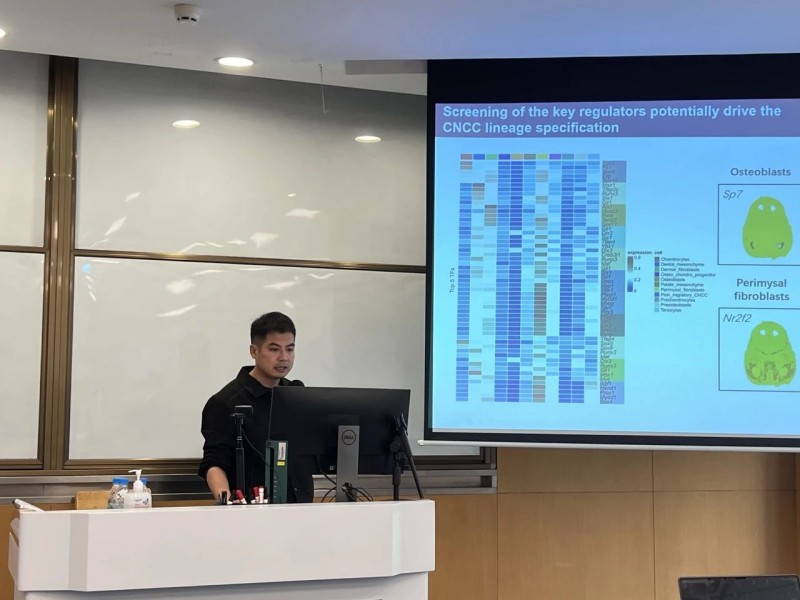
I am constantly engaging with students to foster mutual growth and development. Once, I guided undergraduate students in my lab assisting with graduate research topics, but the progress was unsatisfactory. After communicating with them, I discovered their strong interest in a more challenging topic and found that their team, combining wet and dry experiments, was well-suited for it. After changing the research, the students' enthusiasm noticeably improved, and the progress of the project exceeded my expectations.
I remember a senior professor once told me that undergraduates at the International Campus are exceptionally talented and should be given full trust. When you truly believe in their potential, they will surprise you. As a mentor, guiding students in research is a part of the job; I place more value on using research to develop and shape a group of students with outstanding character. The International Campus is the best platform for achieving this goal.
"Be open to a wide range of knowledge and don't confine yourself. At your age, there are no right or wrong choices. Focus on doing each task well in the present, and someday they will play a role in your life. Don’t worry too much about your future. Explore broadly and try boldly; you need to create your own future." — YUAN Yuan
Source: : Pioneer issue 13, International Campus: Cradle of "Scholarly" Undergraduates
Editing: LI Yinan, LI Songjiao
Editing in charge: ZHANG Yi
Reviewer: YANG Yi
Final Review: QU Haidong


